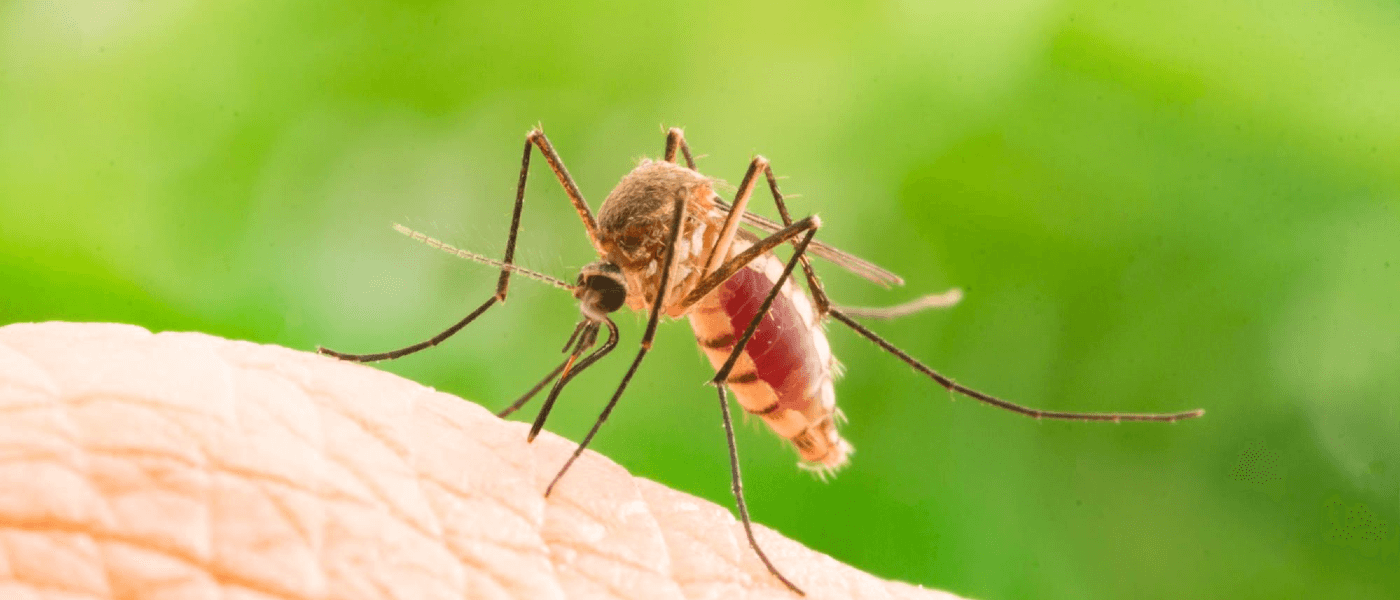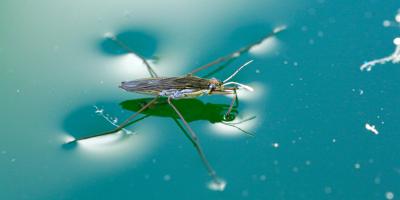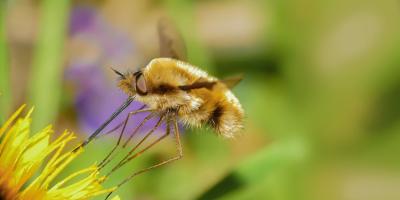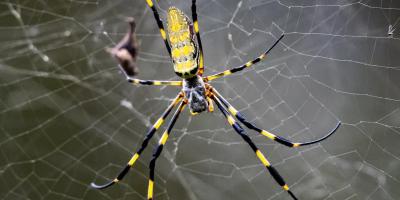8 Mosquito Myths: Debunked

Sure, they’re annoying, they spread disease and their bites can leave you scratching for days, but mosquitoes are still much maligned. Numerous myths continue to circulate about mosquitoes, but we’re here to set the record straight.
Here are the top eight mosquito myths that need to be debugged, er, debunked:
Myth #1: Both male & females bite
Believe it or not, only adult female mosquitoes bite. Males feed only on plant juices like nectar to get the calories they need to survive. Since males don’t bite, that also means they don’t spread disease like female mosquitoes.
Myth #2: Blood is their primary food source
As larvae, mosquitoes eat algae and bacteria, but even female adult mosquitoes primarily consume flower nectar as their food source. Female mosquitoes only get bloodthirsty when they’re getting ready to reproduce, as they need the extra protein in the blood to help develop eggs.
Myth #3: Mosquitoes are attracted to all people equally
Actually, science has shown that mosquitoes have blood type preferences. One study showed that mosquitoes were nearly twice as likely to bite people with Type O blood (accounting for about 34% of the population) versus those with Type A blood. --
Myth #4: Fragrances always attract mosquitoes
Many fragrances play a role in how attractive a person is to mosquitoes, but some may actually work to repel them instead. Although mosquitoes are attracted to some of the more floral scents you’ll find in many colognes and perfumes, they’re actually repelled by scents such as lavender, peppermint, geranium and citronella, all of which are common in fragrances.
Myth #5: People with fair-colored skin get bitten more than darker-skinned individuals
There are myriad reasons mosquitoes might prefer one host over another (like blood type, mentioned above), but skin color does not appear to be one of them.
Myth #6: Any mosquito can carry disease
There are about 3,500 known mosquito species in the world, but only a small fraction of them are a threat to humans. Many species of mosquito don’t bite humans at all and, of those that do, only a fraction actually carry diseases. For example, malaria can only be carried and transmitted by mosquitoes in the genus Anopheles, (one of 41 possible mosquito genera). Many mosquito species do not transmit disease at all.
Myth #7: Mosquitoes prefer women & children
In fact, generally speaking, the opposite tends to be true. Mosquitoes are more attracted to people of larger mass, as they give off more carbon dioxide. Since, on average, men are typically bigger than both women and children, that means men are more likely targets for mosquitoes. Pregnant women, who’ve temporarily gained some mass, are also in this category because they also produce more carbon dioxide than non-pregnant women due to their increase in progesterone levels. Children are typically the smallest mosquito magnets, though they may gain more attention if they’re doing anything that can increase their heart rates (and therefore their oxygen intake).
Myth #8: Bats are effective in reducing mosquito populations
Mosquitoes only make up about 1% of a bat’s diet, as they prefer to go after larger insects such as beetles, moths, and cicadas. Experts agree that overall, bats have little effect on the mosquito population.
With all of the misinformation buzzing around mosquitoes, it’s best to get the facts straight in order to most effectively protect yourself from them. When you’re thinking about the safety of yourself as well as your family, it’s best to source your information straight from the pros.
Still mystified by mosquitoes? Ready to send yours flying? Either way, we’re here to help. Give us a call to discuss all-things-mosquito with one of our pest control experts.



